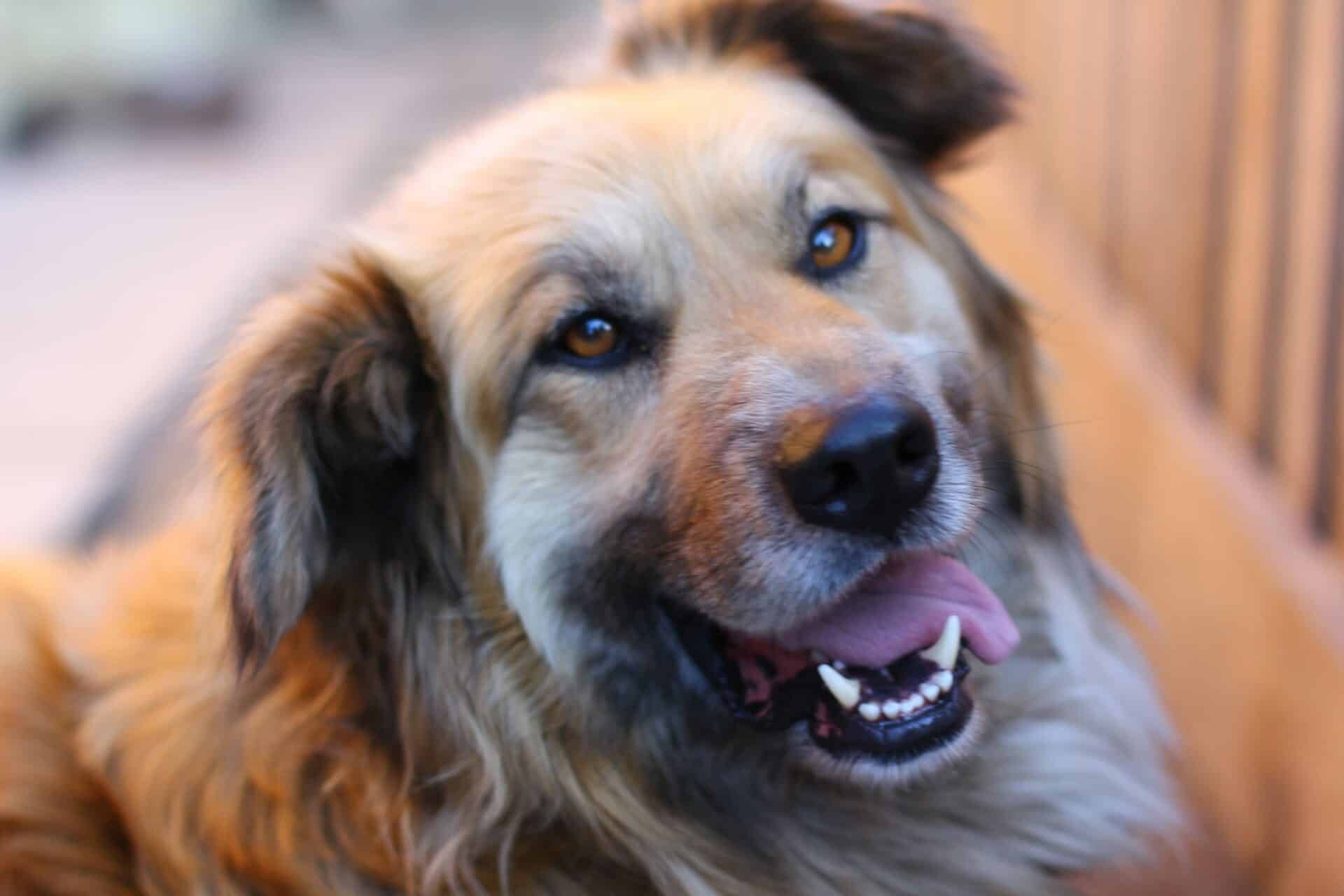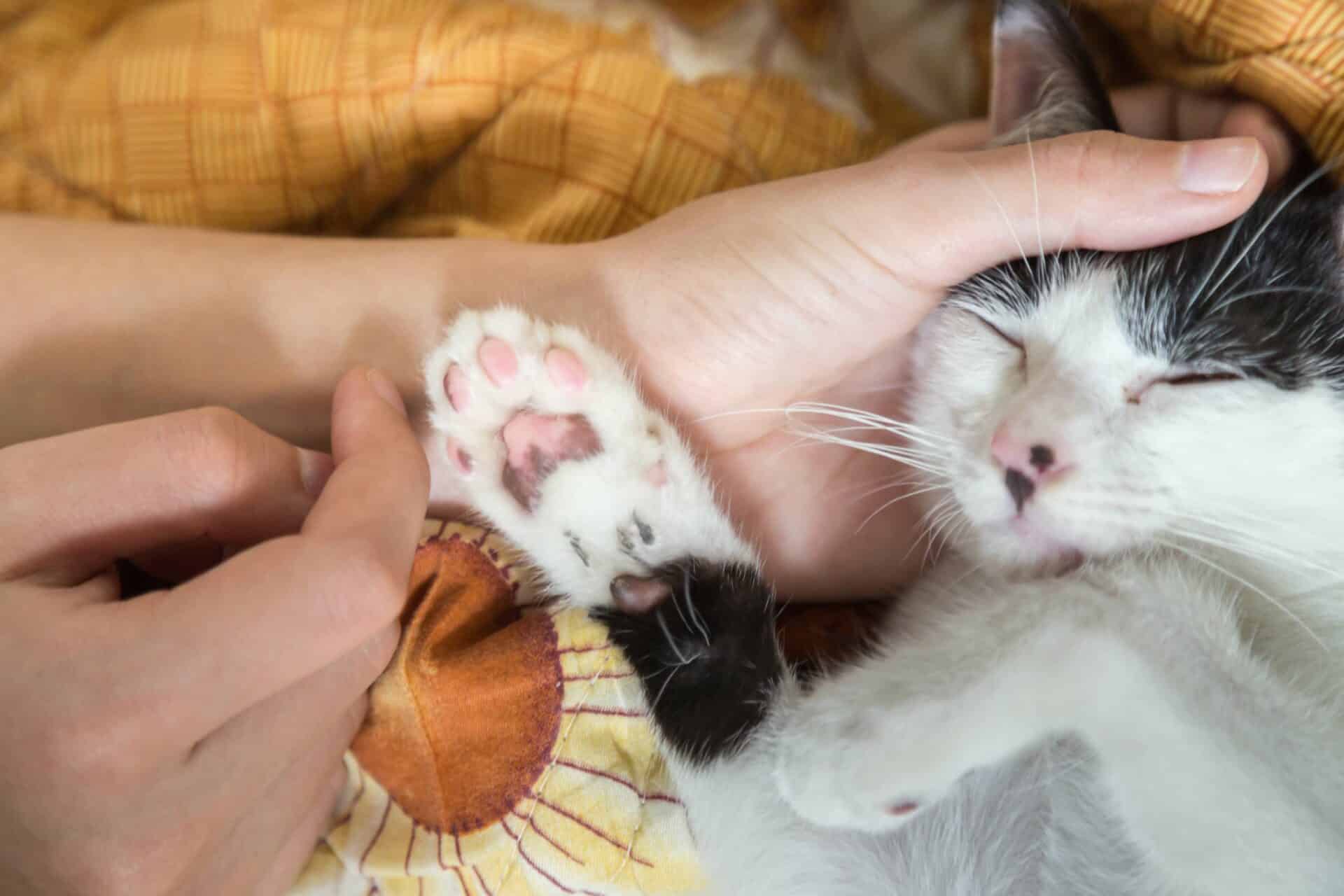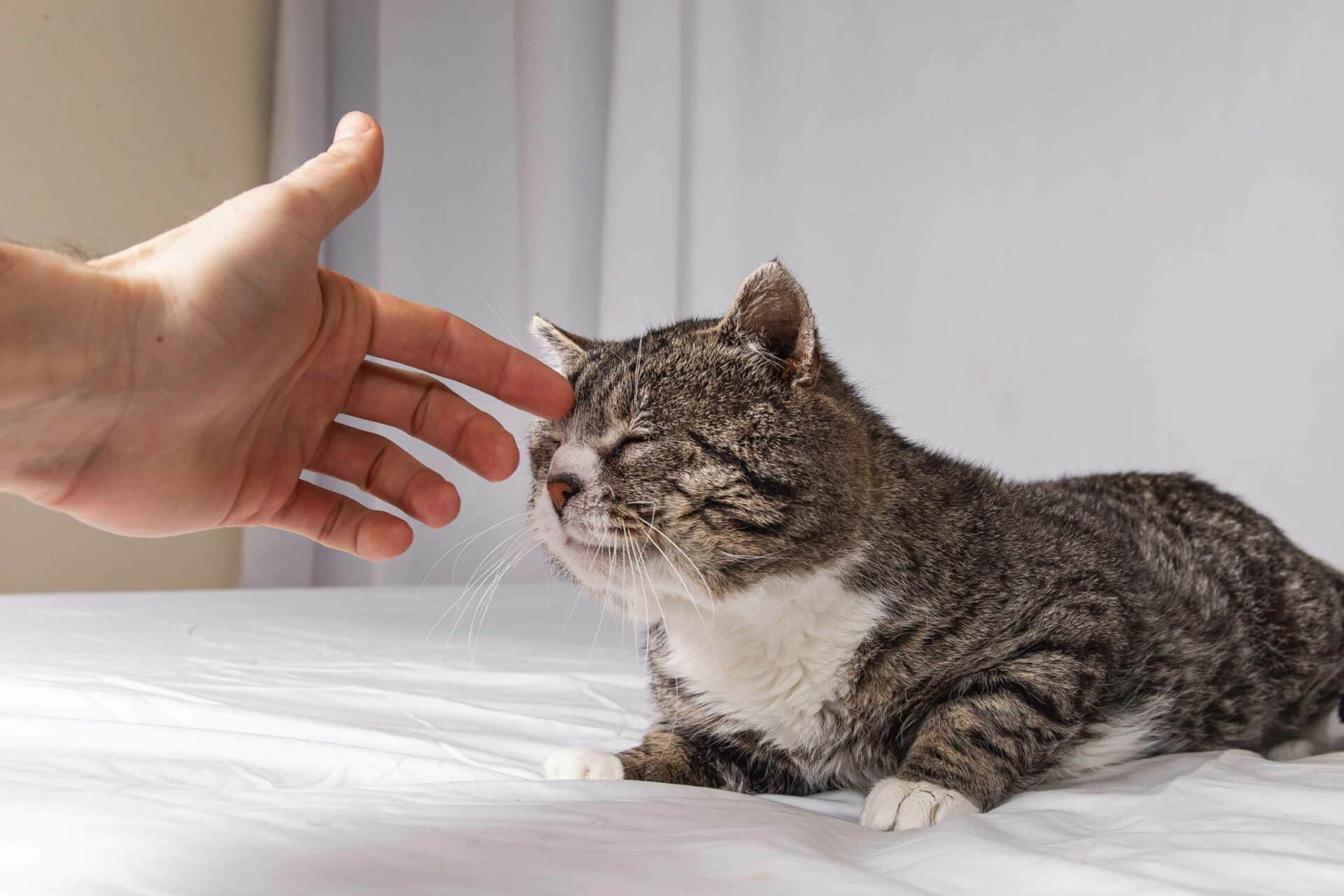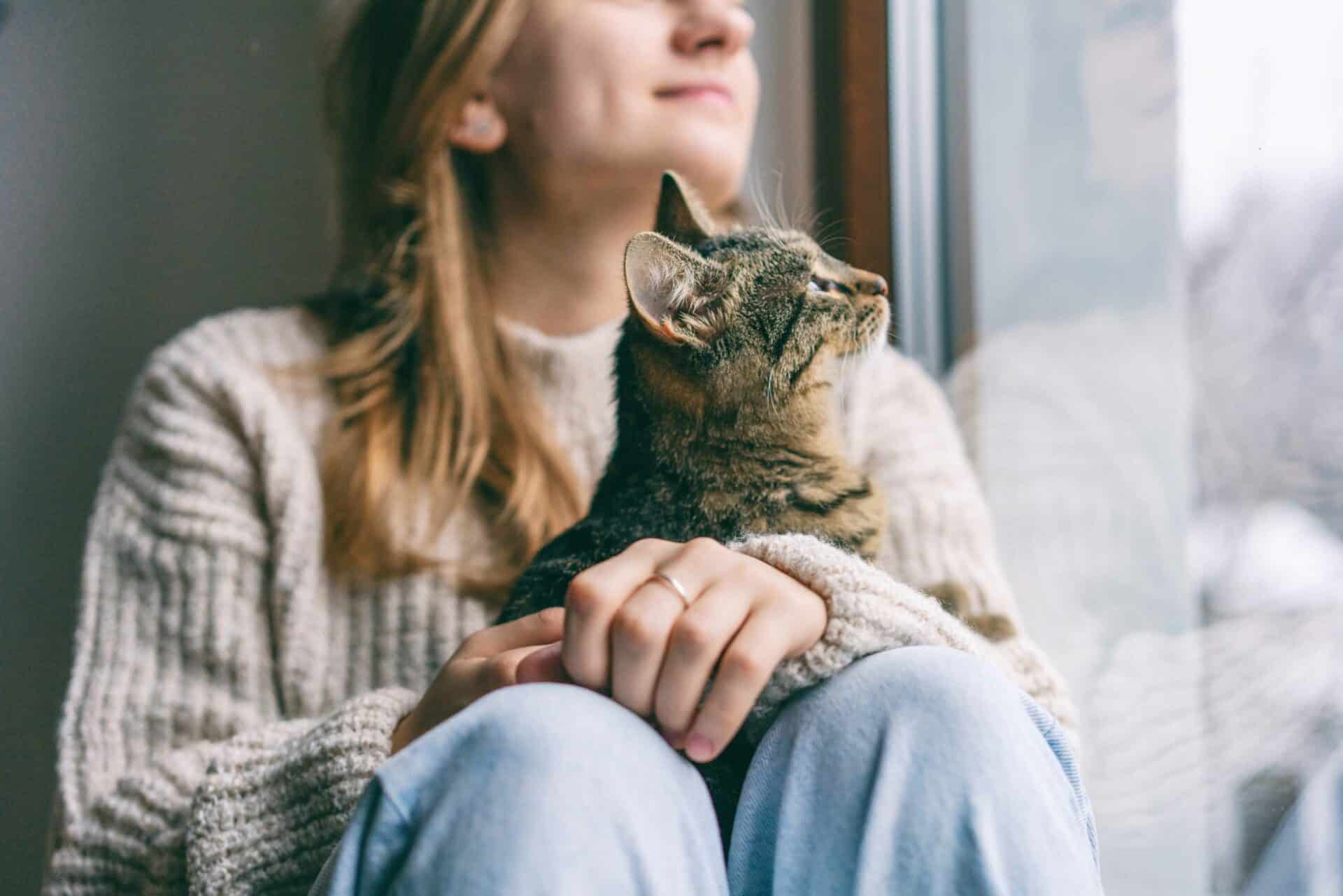Understanding Senior Health in Dogs and Cats
Senior dogs and cats typically reach their golden years by age seven, though larger breeds often age faster and may enter the senior stage by five or six. Aging pets are prone to joint pain, metabolic issues, and organ decline, all of which can impact their quality of life. At Shiner Animal Hospital, we offer tailored senior care to address these changes and help pets age comfortably.
Age Definition of Senior Dogs and Cats
Dogs and cats are generally considered seniors around age seven, though smaller dog breeds and cats may age more slowly and maintain health into their later years. Large dog breeds, like Great Danes, may reach senior status sooner. Recognizing when pets become seniors allows for timely, preventive health care to support their well-being as they age.
Common Age-Related Health Concerns for Senior Dogs and Cats
Aging pets commonly face:
Importance of Early Detection and Preventive Care
Preventive care and early detection are important for maintaining the health and quality of life for senior pets. Routine exams, ideally every six months, along with annual bloodwork, urinalysis, and imaging, help catch health changes early. At Shiner Animal Hospital, we develop customized care plans to meet each pet’s unique health needs, helping them stay active and comfortable throughout their senior years.


Our Senior Dog and Cat Care Services
At Shiner Animal Hospital, we offer a variety of senior care services to address the unique health needs of aging dogs and cats. These services, which include regular exams, advanced diagnostics, pain management, and nutritional counseling, are designed to support your pet’s health, comfort, and quality of life as they age. Our services include:
Benefits of Senior Care at Shiner Animal Hospital
At Shiner Animal Hospital, our senior care services focus on promoting longevity, comfort, and a high quality of life for aging pets. Our approach emphasizes preventive health, experienced veterinary expertise, and personalized care plans tailored to each pet’s unique needs, helping senior pets age gracefully and stay healthy and active.
Preparing for Your Dog or Cat’s Senior Wellness Visit
Preparing for your senior pet’s wellness visit at Shiner Animal Hospital helps ensure thorough, tailored care. Bringing relevant information and observing changes in behavior, appetite, or mobility beforehand allows us to address your pet’s needs effectively.
1. Bring Relevant Notes, Questions, and Medication Records
To make the most of the exam, bring a list of your pet’s medications and supplements, notes on recent health or lifestyle changes, and any questions you may have. This preparation allows us to evaluate current treatments, track changes, and address specific health concerns.
2. Observe Changes in Behavior, Appetite, and Mobility
Note any shifts in your pet’s mood, appetite, or physical abilities. Changes in behavior or weight can signal age-related issues like arthritis, cognitive decline, or organ conditions. Observing these shifts helps us create a more accurate and personalized health plan for your pet.
Additional Tips for a Successful Wellness Visit
Arrive early to help your pet acclimate, bring a comfort item to reduce anxiety, and check if fasting is needed for certain tests. Plan for extra time, as senior exams may take longer to allow for in-depth assessments and discussions about your pet’s health plan.


